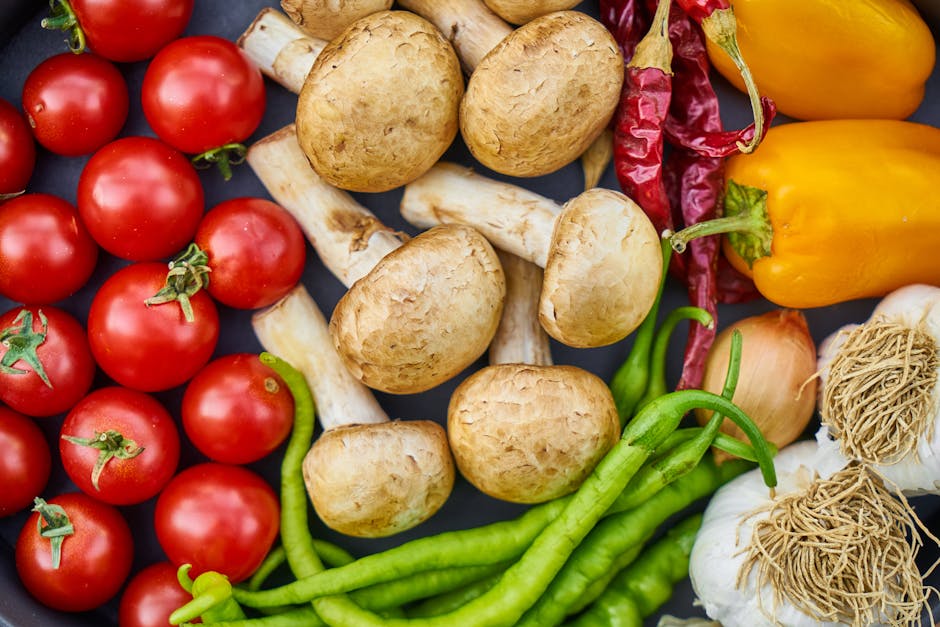The burgeoning global population necessitates a robust and resilient agricultural system. While conventional farming methods have delivered substantial yields, concerns about environmental degradation and resource depletion are mounting. Organic farming, a system prioritizing ecological balance, presents an alternative, yet can it genuinely meet the escalating demand for food worldwide? This exploration delves into the potential and limitations of organic agriculture in addressing the formidable challenge of global food security.
A fundamental aspect of organic farming is its emphasis on closed-loop systems. This differs significantly from conventional agriculture, which often relies heavily on synthetic inputs like fertilizers and pesticides. Organic farmers cultivate soil health, biodiversity, and natural pest control. This focus on natural processes contributes to long-term soil fertility, reducing reliance on external inputs. While promoting biodiversity in crop fields can strengthen ecosystems, and improve resilience to pests and diseases, its effect on overall yield remains a critical consideration.
An often-cited advantage of organic practices is its environmentally friendly nature. By eschewing synthetic pesticides and fertilizers, organic farming reduces pollution of water bodies and minimizes the negative impact on pollinators. This sustainable approach potentially protects biodiversity and safeguards long-term ecosystem health, advantages that are often absent in conventional practices. However, a crucial point to address is whether these benefits outweigh the potential yield limitations. A deep dive into scientific literature reveals compelling evidence for both the positive and negative impacts of different organic farming techniques on yields.
Several factors influence the success of organic farming in meeting global food needs. Firstly, current organic yields across diverse geographical regions often fall short of conventional farming. Differences in soil types, climate conditions, and crop choices play a role. Organic farming methods may be less efficient in certain environments and this poses a critical hurdle in reaching global coverage. Moreover, the complexity and time commitment involved in transitioning to organic practices can be a significant barrier for many smallholder farmers in developing countries. This transition frequently requires substantial knowledge transfer, training, and supportive infrastructure. Further challenges encompass market access and price sensitivity, as organic products are often more expensive than conventionally produced goods, which may make them inaccessible for many consumers.
Furthermore, organic farming techniques are not a one-size-fits-all solution. Different crops and farming systems respond differently to organic practices, potentially creating yield variances. Certain high-yield varieties might not thrive under organic conditions, limiting the scope of their application. The challenges in achieving comparable yields with organic methods, particularly for staple crops like rice and wheat, are often under-addressed. While a promising future potentially exists for organic farming of niche crops and specialty products, it remains questionable whether organic agriculture can consistently deliver the quantity of basic staples demanded on a global scale.
A vital aspect to consider is the role of research and development in organic farming. Further research could identify organic farming techniques that optimize yields while maintaining ecological integrity. Developing resilient organic varieties, employing precision agriculture, and enhancing nutrient management strategies can contribute to increased productivity. Innovative solutions, including the use of natural pest control agents and soil amendments, are crucial for achieving higher organic yields while minimizing the environmental footprint. Government policies and incentives that support organic farming development and market expansion are vital components in creating a more inclusive and sustainable agricultural system.
Furthermore, addressing issues surrounding land use and water management in organic systems is essential. Organic farming methods sometimes require larger land areas to achieve similar yields compared to conventional practices, potentially encroaching on natural habitats if not planned carefully. Furthermore, water management in drought-prone regions can be a significant constraint to implementing organic farming extensively. Innovative irrigation technologies and water conservation strategies are crucial for adapting organic farming to different agro-climatic contexts.
In conclusion, while organic farming offers valuable environmental benefits and the potential for long-term sustainability, its capacity to fulfill global food demands hinges on several critical factors. Despite demonstrably beneficial ecological impacts, achieving comparable yields to conventional systems remains a hurdle. Ongoing research, the development of improved organic farming techniques, supportive policies, and farmer education are crucial for scaling up organic agriculture in a way that both nourishes a growing population and protects the planet. Ultimately, a blended approach, incorporating elements of both conventional and organic practices where appropriate, will likely be the most effective strategy for ensuring global food security in a sustainable manner. The future of agriculture hinges on a collaborative effort towards a diversified and resilient food system, where organic farming, when done sustainably, can play an important and vital supporting role.






